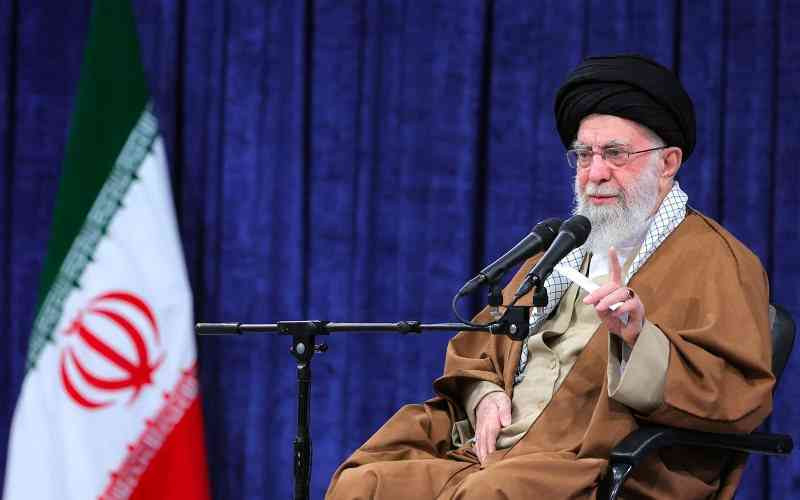Oil prices rise as Israel vows to intensify attacks on Iran
Smoke blankets the sky above Tehran, Iran, following explosions in the capital after the Israeli army hit Iranian targets, on June 18, 2025.
Anadolu | Anadolu | Getty Images
Crude oil futures rose more than 1% on Thursday, after Prime Minister Benjamin Netanyahu ordered Israel's military to intensify attacks against Iran.
U.S. crude oil was last up $1.36, or 1.81%, to $76.50 per barrel by 9:38 a.m. ET, while global benchmark Brent added $1.10, or 1.43%, to $77.80 per barrel. Prices have gained more than 11% over the seven days since Israel began pounding Iran's nuclear and missile programs.
Netanyahu ordered Israel's military to intensify attacks on "strategic targets" in Iran and "government targets" in the country's capital, Tehran, Israel Defense Minister Israel Katz said in a social media post. The goal of the strikes is to "undermine the ayatollah's regime," Katz said.
Israel's decision to escalate its military operation against the Islamic Republic comes after an Iranian missile reportedly struck a major hospital in the southern city of Beersheba. Katz threatened Iran's leader Ayatollah Ali Khamenei in the wake of the hospital strike.
Katz said Israel's military "has been instructed and knows that in order to achieve all of its goals, this man absolutely should not continue to exist," referring to Khamenei.
President Donald Trump is still considering whether to order a U.S. strike on Iran's nuclear program. "I may do it, I may not do it, I mean nobody knows what I'm going to do," Trump told reporters Wednesday.
JPMorgan warned on Wednesday that regime change in a major oil producing country like Iran could have a profound impact on global oil prices. Iran is one of the top producers in OPEC.
"If history serves as a guide, further destabilization of Iran could lead to significantly higher oil prices sustained over extended periods," Natasha Kaneva, head of global commodities research at JPMorgan, told clients in a note.
Supply losses in the wake of a regime change "are challenging to recover quickly, further supporting elevated prices," Kaneva said.











